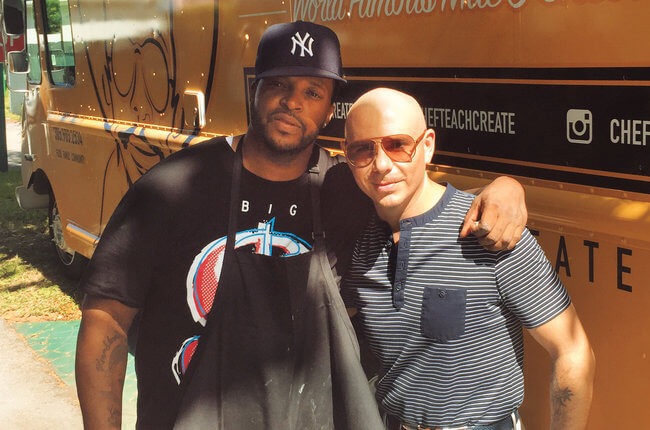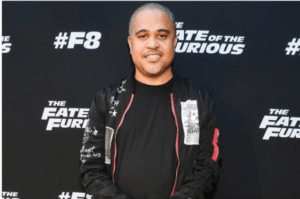
Lowell Hawthorne, a 57-year-old Carribean business owner committed suicide in New York over the weekend. He was the founder and CEO of Golden Krust Caribbean Bakery & Grill. He was once featured on the hit show “Undercover Boss” a show about black entrepreneurs who have challenges with their businesses. He had 120 restaurants in nine states and built an empire. But as we all know being an Entrepreneur is like being manic, the highs are very high but the lows are very low. Read the whole story here.






























